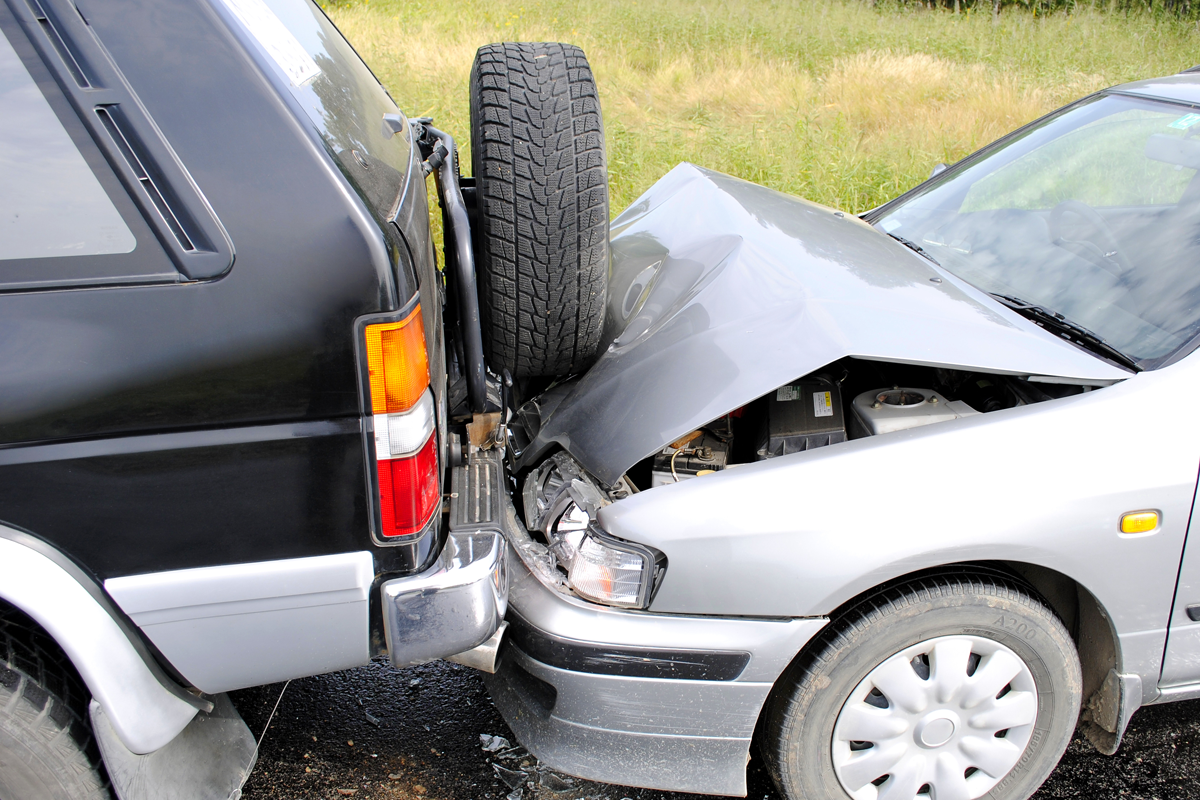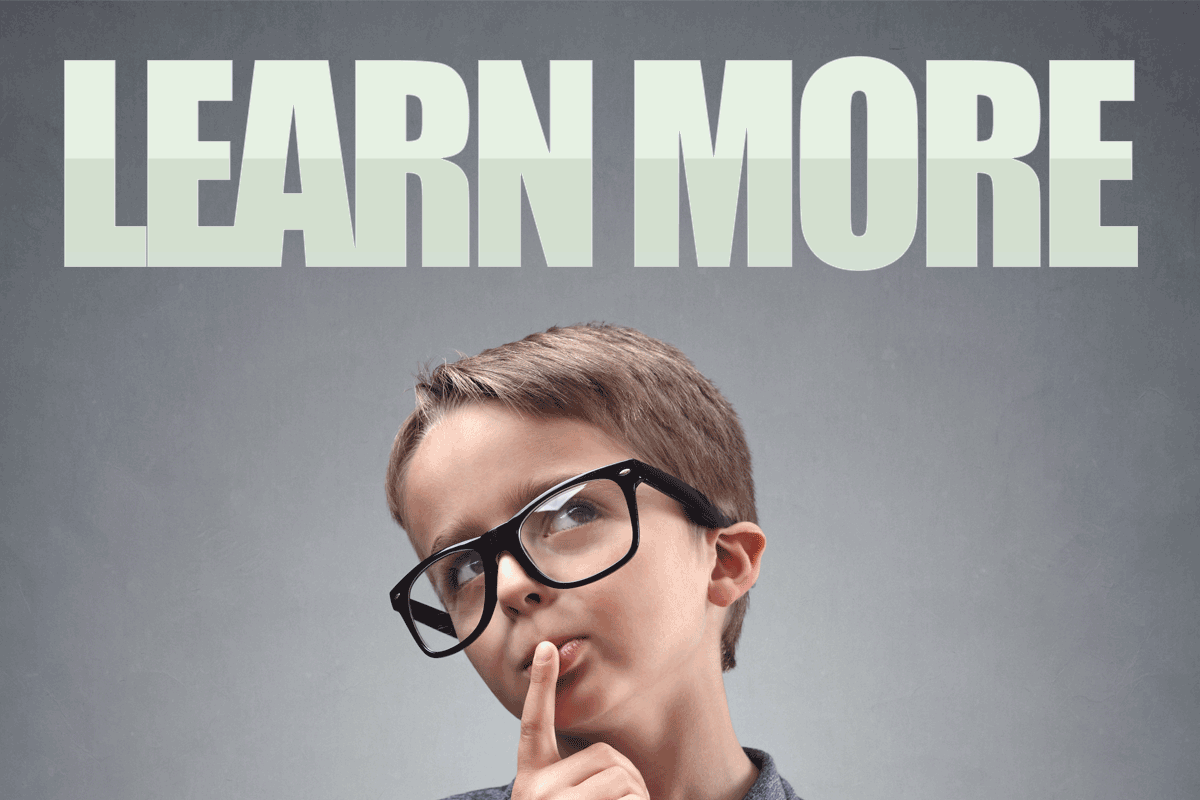The Unpredictable Future

The human brain is extremely limited in how we perceive things. Our sensory organs can only discern a very tiny window within the data that is hitting them. Even the idea of our conscious minds is not something we fully understand. Some studies indicate that up to 95% of our behaviors are purely autopilot.
We react to situations and our conscious minds only find out what’s happening after the fact. Its job, according to many neuroscientists, is to be an “after the fact storytelling device.” Meaning our conscious mind, which we believe is the “captain of the ship” is really just watching things happen, and then making up a story which puts our brain in the captain’s seat.
So when it comes to being able to predict events, it would seem we are pretty horrible. And we are. If there is one thing we can predict about the future, it would be that we can’t predict it. Try as we may, nothing ever goes expected. We have a couple of ways with dealing with the unexpected future.
Strategy One – Don’t Do Anything Unfamiliar
The first strategy is to not do anything that includes any variables we aren’t familiar with. Cialdini described this trait as “commitment and consistency.” Once we find something that works, we keep doing it. Why fix something that’s not broken? We watch the same shows, hang out with the same people, and eat at the same restaurants. Many of us even stick to the same brands for most of our adult lives.
Strategy Two – Insurance
When we actually do things that have any kind potential downside, we try to predict as accurately as possible exactly how bad things might turn out, and then figure out a way to prepare for that eventuality. This is possible with something called the “Law of Large Numbers.”
Law of Large Numbers
Most people drive often. And most people don’t want to crash. But most people also have no idea when, or if, they will crash. But the larger the number of drivers, the more accurately you can predict how many people will crash every day.
For example, if each person crashes once every two years, it would be impossible to know exactly when each person would crash. But if you’ve got 730 people, you would have an average of one crash per day within that group. With 7300 people, you’d have 10 crashes per day. The large the number of people, the more accurately you can predict the number of crashes per any time period.
This is essentially the idea behind all insurance. Get enough people together than are all doing the same thing, and you can predict with a large amount of accuracy how many “events” will happen. This means you can accurately predict how much money to collect from each person to:
1) Pay the people that crash
2) Pay the salaries of all the people that run the insurance company
Drawback To The Large Of Large Numbers

But this law only works if everybody is doing the same thing. Which is kind of like the first way of avoiding unexpected outcomes. And that is to be as consistent as possible. Meaning that buying insurance only works to protect one financially against doing things as routinely as possible. And it only works of there are a ton of other people doing that same routine thing day in and day out.
Unintended Outcomes
But as we mentioned before, our brains are extremely limited. We can’t come close to noticing all the things that are happening around us. You can drive to the same workplace every day for years. And you can crash into another person who has equally been driving to the same place every day for years. Why the crash? Who knows. Maybe both of you blinked at the same time. Maybe both of you spilled coffee on yourself at the same time.
So even when doing normal, everyday things, all you need to do is take your eye off the ball for a split second and you’re potentially dead. However careful we are, there is always the potential of the unexpected. The more unfamiliar things we do, the longer we do them, the more we can’t really predict what will happen.
Positive Unintended Consequences – Creation
Sometimes the unintended consequences are positive. Think of the U.S. moon mission. This was a huge goal, and it required scientists and engineers build all kinds of things that hadn’t existed before. This is the good kind of unintended consequences.
Necessity The Mother Of Invention

Plenty of things were built that hadn’t been built before. This meant tons of creative people were creatively coming up with ways to build them. Along the way, they built all kinds of things that hadn’t existed before, nor could have been predicted. The consumer electronics market boomed as a result.
Any time we humans decide to build something we’ve never built before, there are plenty of chances of unexpected inventions that will be beneficial.
Negative Unintended Consequences – Creation
On the other hand, not everything is guaranteed to be positive. There may be just enough chance for negative consequences as positive consequences when creating an initially positive thing. The mission to the moon was ostensibly a positive exploratory human endeavor. But once they figured out how to land a rocket on the moon, putting nuclear weapons on those same rockets and shooting them to the other side of the planet was pretty easy. It was a natural next step.
On the other hand, one might argue that with everybody having their own arsenal of ICBM’s, everybody would be very careful of not offending each other. But not everybody has ICBM’s. Some countries are allowed to, some aren’t. The ones that are “allowed” to have them are the ones who built them first. Whether that is a coincidence is beyond the scope of this post.
Negative Unintended Consequences – Price Limits
In another post (link here) we talked about the basics of supply and demand. How the equilibrium price on the open market serves as a necessary signal to producers and suppliers on the global market. How all one needs to know is the price of something, and they’re good to go.
However, this is also a very easy target for politicians. One of the fundamental aspects of human nature is that we all wish we had more money. We don’t want money to use as stuffing in our sofa cushions. We want money to buy things.
Vote For Me And Get Free Stuff!
This is essentially the promise of every public official since the dawn of time. Of course, they don’t really say, “you’ll get free stuff” if you vote for them. They phrase it slightly differently. One way they do is to cleverly target things that many people buy. Imagine if everybody in America bought an average of one gallon of gas per day. And let’s say the price of gas was $2.00.
If a politician came along and “promised” to lower gas from $2.00 to $1.75, that would be the exact same (mathematically) as “promising” people an extra $0.25 a day, or $91.25 a year. To in a sense, he’s saying, “Vote for me and I’ll give you $91.25.” Only when they phrase in terms of lowering the price of gas, he sounds a bit less like a con artist.
If you say you’re going to lower the price of gas, you might give a legitimate sounding reason. “Gas is too high! If you spend less on gas and more on things you really need, this will stimulate the economy and create more jobs!”
Another politician will do the same thing, only they’ll promise something else that sounds economically logical, but in a different area.
No Free Lunch

But of course, economics is called the “dismal science” for a reason. It’s also the exact same reason most of us hate to balance our bank accounts, and why very few of us will ever actually read the entirety of our credit card statements and go as far as planning when they’ll actually be paid off.
Most of us would rather “extend and pretend.” To only talk about economics in vague ideas like “lowering gas prices will create jobs” or all the other things we tell ourselves to avoid realizing just how broke we are. But all things have consequences. Some good, some bad, and most of them unexpected and unintended.
Cheeseburger Example
Let’s say the price of cheeseburgers is five bucks apiece. And some clever politician realizes he can get plenty of votes by promising to lower the price of cheeseburgers from $5 to $4. Let’s say he uses the same argument. That if people spend less money on food, they can spend more money on other stuff, stuff that will stimulate the economy and create jobs. That sounds great, right? Cheaper burgers and more jobs! It’s like free money!
Step By Step Analysis
We’ll need to make a lot of assumptions. In reality, life is far more complicated, which only means the consequences of any similar action will be much more complicated as well, and will generally take a while to play out.
Also understand we’re not purposely saying that only politicians are guilty of acting to create short term benefits without worrying about unexpected long term consequences. Understand that long term secondary and tertiary consequences can rarely be predicted by anybody doing anything.
The Cheeseburger Prices Are Too Damn High!
Let’s suppose a clever politician wanted to promise people that he would crusade against the cheeseburger cheaters who are charging too damn much money. And let’s say he got elected in a landslide. So the first thing he did was pass a law that made it illegal to sell cheeseburgers anywhere in the land for more than $4. People were ecstatic. Good times were finally here!
Supply and Demand – Supply Side
It might be worth reading our post on supply and demand, which you can find here. If cheeseburgers were indeed selling for $5 (on average), and the price was suddenly lowered by law to $4, what would happen?
Some sellers may have been spending $4.50 for every cheeseburger they sold for $5.00. They would do one of two things. One would be to find cheaper ingredients. Or maybe fire a few people in their shops. Probably all of the people would do that. Meaning instead of just packing up and going home, they would do everything they could to lower the prices. So for these guys, the quality of their burgers would go down along with the price.
Short Profit Margins
It’s not likely that many cheeseburger sellers were spending much less for burgers. In the restaurant business, profit margins are pretty thin. This means that pretty much every cheeseburger seller would have to find a way to cut costs. Many would cut down on staff, and increase the hours of the remaining staff. The net result of everybody selling cheeseburgers being forced to lower their price to $4 would mean that everybody would be trying to cut costs.
But some folks might not be able to. Making and selling cheeseburgers is not easy. At least not easy to be profitable in the long term. Try as they may, a few cheeseburger sellers would just have to close up shop and go home. The net result would be fewer cheeseburgers, and the ones that were left would tend to be of slightly lower quality.
Supply and Demand Side – Demand Side

Another thing that would happen is the people who bought cheeseburgers would increase. Whenever you lower the price, the demand will increase. However, this assumes that the price is lowered due to natural conditions. For example, if the price of hamburger meat suddenly dropped, then the price of cheeseburgers would drop as a result. More people would buy burgers for $4 than they would for $5.
So while cheeseburgers were actually less in number than they were before, due to the artificial (politically motivated) drop in price, and the ones that were left were slightly lower in quality, the number of people buying cheeseburgers would actually increase.
Cheeseburger Shortage
What would happen is that many people would find their local cheeseburger shop always crowded. Less people selling cheeseburgers, but more people trying to buy cheeseburgers. This doesn’t happen right away, it usually takes a while. But it’s certainly not what the politician who promised cheaper cheeseburgers expected. His intention was to make cheeseburgers cheaper, which he did.
But the unintended consequence was cheeseburgers of slightly less quality, and longer cheeseburger lines. Because this usually takes a while, and politicians don’t generally admit their mistakes (on the contrary, they usually blame anybody and everybody except their policies), this just makes it more confusing.
Endless Cycle Of Unintended Consequences
One way to look at society is an endless cycle of worsening unintended consequences. Politicians come up with goofy policies to supposedly fix the broken economy. This may work in the short term, and maybe even get them reelected. Then the unintended consequences start popping up.
But they are usually a year or two down the line, and few people connect them to the original policy. Then the next goofs comes along, and tries to solve those problems with even goofier policies, which makes the problems even worse, and on and on and on.
Two Body Problem

A very interesting idea in physics is the difference between the two body problem, and the three body problem. The two body problem is simple. Imagine two bodies in space, connected by gravity and spinning around each other, much like the planets and stars, but instead a couple of bowling balls.
When looking at these two bodies from a third perspective, it’s easy to measure everything you need to, and then predict exactly where the two bodies will be in any point in the future. So far so good. This sounds like basic science.
Three Body Problem
But if you assume three bowling balls of slightly different weights and distances from each other all connected by gravity and orbiting around each other, the problem becomes impossible. The orbit of each bowling ball is a function of the position of the other two bowling balls. And since each bowling ball is moving, (and dependent on the position of the other two balls that are moving) it is theoretically impossible to take any “snapshot” of the current position and directional velocity, and use that to predict any future position. It cannot be done. (Wikipedia link)
Million Body Problem

Consider that we humans are much more complicated than bowling balls. Each moment our intentions and desires can change. Everything we need comes from other people. Other people who are also experiencing ever changing intentions and desires. This is why it’s impossible to predict the direction of the stock market. We can predict the general trend, but not enough for anybody to consistently make money.
All markets are based on crowd behavior, which is impossible to predict. Every single change of a stock price is unpredictable and has an equally unpredictable effect on all the participants. News is always changing, which also affects the direction of the price.
Everything Makes Sense After The Fact
After the market closes, everybody’s got an opinion about why what happened, happened. Of course, none of them used their super genius opinions to make any money! For some curious reason, we humans seem to understand everything that happened before us, but we are pretty hopeless when it comes to figuring out what’s going to happen in the future.
It’s kind of strange how individually, our conscious minds are considered after-the-fact storytelling devices. And that’s kind of the way we operate as a society. Nobody has a clue before hand, but collectively we are all super-geniuses when explaining things after the fact.
How To Respond To Uncertainty

Unlike driving our cars, when crashing can end up with us in the hospital and broke, we don’t have to cower safely on the sidelines. We can do things where even the worse immediate outcome is acceptable. You wouldn’t want to borrow a million dollars and sink it into an untested business. But you can ease into it slowly, part time, but only putting up money you can risk to lose.
No Money No Danger
But if you are reasonably certain that you won’t lose any money or won’t end up in the hospital, why not take a few risks? As we demonstrated here (trial and error post) learning by trial and error can’t be avoided, no matter how careful you are.
One of the cornerstones of NLP is that there is “no failure, only feedback.” What this means is even if you “fail” (and don’t lose too much money or end up in the ICU), you will learn something. And if you take that new information, and plug it back into the next try, you’ll likely do better.
Embrace Acceptable Risks
We’ll never be able to avoid risks. We’ll never be able to fully anticipate all the results of our actions. But so long as we move forward slowly, take small and acceptable risks, success is an eventual result, so long as you stay in the game long enough, and never give up.
Learn More

Mind Persuasion has plenty of books and courses all designed to help you get the most out of life with the least amount of effort.
Mind Persuasion Books
Mind Persuasion Courses